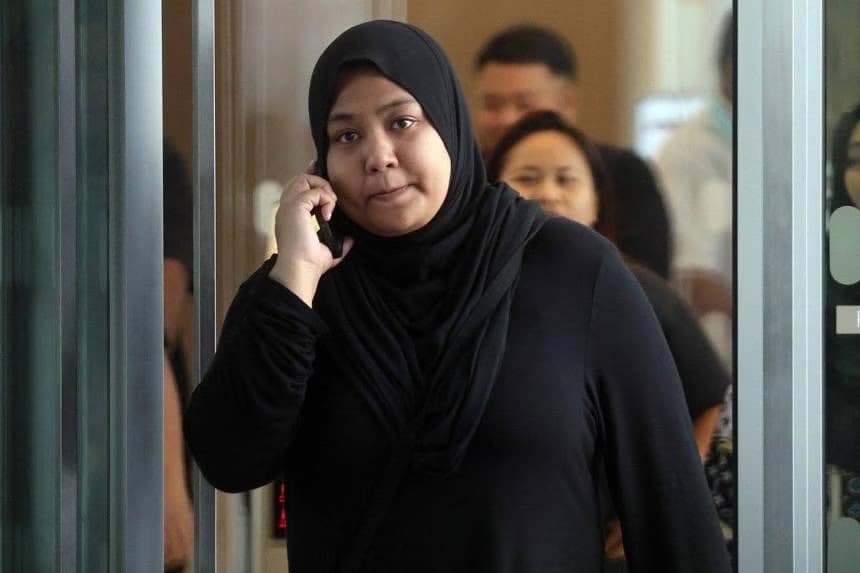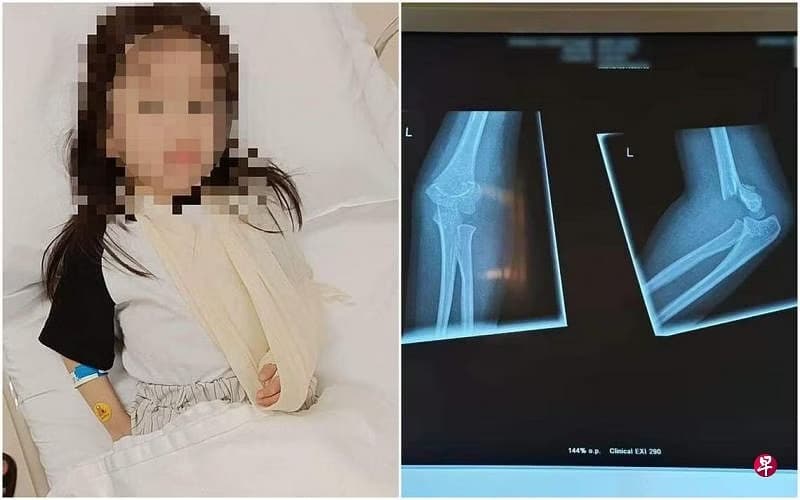
According to The Straits Times, after seven years of decline, recent figures show there has been an increase in adolescents getting diagnosed with sexually transmitted infections (STIs).
And it is not that young people are clueless about protection, but many simply choose to go “bareback” and forgo using condoms, say experts.
Also observed among this group are teens who had sex at an early age – before they reached 16 – as well as those who had several sexual partners before they hit adulthood.
Latest figures show that 421 boys and girls aged 10 to 19 contracted an infection through sex in 2015, up 8 per cent from the year before, when there were 391 cases, according to the Department of Sexually Transmitted Infections Control (DSC) Clinic.
The specialist clinic handles the bulk – about 80 per cent – of such cases in Singapore. It is run by the National Skin Centre, which falls under the National Healthcare Group, a public healthcare cluster.
Cases hit a peak in 2007 with 820 adolescents and had been on a steady decline until 2015.
One observation during that period – the gap in numbers between boys and girls diagnosed with an STI narrowed from 2009 to 2015, although the reason is unclear.
Overall, those aged 15 to 19 accounted for more than 90 per cent of all adolescent STI cases.
Chlamydia is by far the most common infection, with gonorrhoea a distant second and genital warts rounding out the top three.
The main obstacle- about one-quarter of boys and up to 90 per cent of girls said they lacked confidence in using a condom correctly in a DSC study published in 2013 in The Journal of Pediatrics.
In some cases, adolescents may feel pressured to engage in unprotected sex.
Ari (not her real name) had her first sexual encounter before she turned 16. Her then boyfriend pressured her to have unprotected sex.
That relationship ended, but she fell back into old patterns with another 20-year-old boyfriend.
Despite her divorced mother’s disapproval of the relationship, the 17-year-old ran away to live with him.
Late last year, she returned to her mother’s two-room flat, pregnant. During a hospital check-up, doctors found that she had chlamydia.
As chlamydia and other STIs do not always exhibit symptoms, some teens discover their infection only when they visit a doctor after getting pregnant.
When this happens, hospitals like KK Women’s and Children’s Hospital (KKH) will work with DSC to manage the patient.
Dr Suzanna Sulaiman, consultant at KKH’s department of obstetrics and gynaecology, said a pregnant adolescent who tests positive for an STI will be informed and educated on prevention and contraception, and be treated at KKH.
She will be referred to DSC for follow-up including contact tracing, and return to KKH for her pregnancy management.
Since 2008, the hospital has run the Clinic for Adolescent Pregnancy that aims to improve the care and support for single expectant mothers below 21, and prevent repeated unplanned teenage pregnancies.
Evidence indicates that there is a higher prevalence of STIs in pregnant teens, noted Dr Suzanna.





